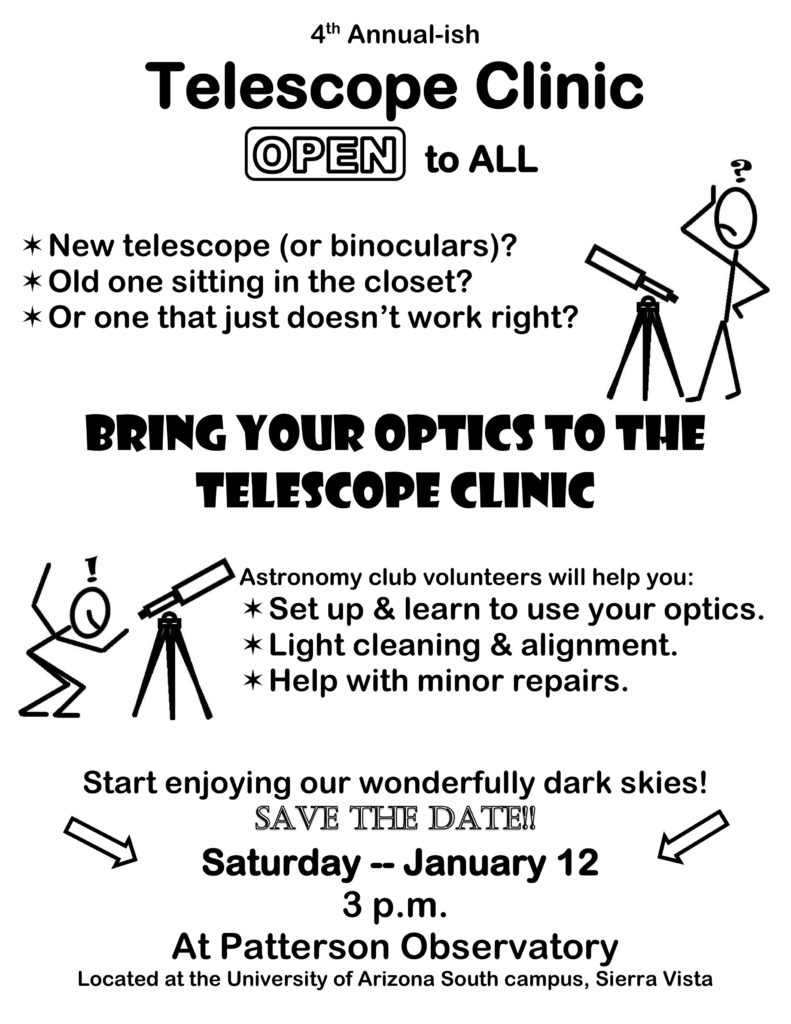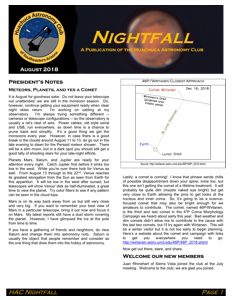Category Archives: Archive
November 2018 Nightfall Newsletter is now available
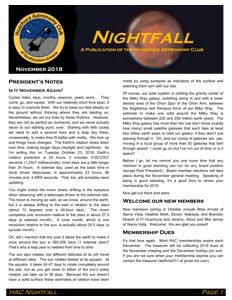
The November 2018 edition of the Huachuca Astronomy Club newsletter, Nightfall, is now available for download. Submissions for next month’s issue can be sent to , our Nightfall editor
Special Event: Dr. Seth Shostak – Monday, November 5th
“SETI: Are We Closer to Finding the Aliens?”
 A talk by Dr. Seth Shostak on Monday November 5, at 7 PM in the Student Union at Cochise College 901 N. Colombo Avenue, Sierra Vista. This community event is sponsored jointly by the University South Foundation (https://www.universitysouthfoundation.com/) and the Huachuca Astronomy Club.
A talk by Dr. Seth Shostak on Monday November 5, at 7 PM in the Student Union at Cochise College 901 N. Colombo Avenue, Sierra Vista. This community event is sponsored jointly by the University South Foundation (https://www.universitysouthfoundation.com/) and the Huachuca Astronomy Club.
Admission is FREE.
For nearly six decades, SETI scientists have searched in vain for a signal from the cosmos that would betray the existence of extraterrestrial intelligence. Does this failure to discover aliens mean something, or could there be something fundamentally flawed with SETI strategy? We consider the state of searching today, and what are the assumptions that undergird the hunt for E.T. And what if a discovery is made? Would the public even be told?
Dr. Seth Shostak directs the search for extraterrestrials at the SETI Institute in California—trying to find evidence of intelligent life in space. He is also committed to getting the public, especially young people, excited about astrobiology and science in general. Seth is the host of “Big Picture Science,” the SETI Institute’s weekly radio show. Big Picture Science can be found in iTunes and other podcast sites.
October 2018 Nightfall Newsletter is now available
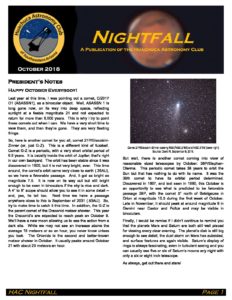
The October 2018 edition of the Huachuca Astronomy Club newsletter, Nightfall, is now available for download. Submissions for next month’s issue can be sent to , our Nightfall editor
October Guest Speaker: Dr. Eric Pearce
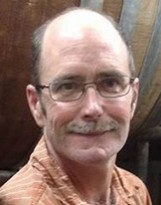 Our next meeting is October 12th at 7PM in the Student Union building on the Cochise College campus. At this meeting, Dr. Eric Pearce will give his presentation on “Space Situational Awareness.” He will discuss how the network of telescopes and radar systems to keep track of the satellites and other manmade objects currently in orbit around the Earth was developed and what purpose it serves.
Our next meeting is October 12th at 7PM in the Student Union building on the Cochise College campus. At this meeting, Dr. Eric Pearce will give his presentation on “Space Situational Awareness.” He will discuss how the network of telescopes and radar systems to keep track of the satellites and other manmade objects currently in orbit around the Earth was developed and what purpose it serves.
Dr. Pearce, who joined the Steward Observatory at the University of Arizona in 2016, has primarily focused his research on the development of advanced systems and astronomical techniques specifically optimized to discover, track and characterize artificial earth-orbiting satellites.
Kartchner Star Party – Saturday, October 13
“Camels in the Sky: Our Heritage of Arabian Star Lore”
Saturday, October 13 at 5:30 in the Discovery Center.
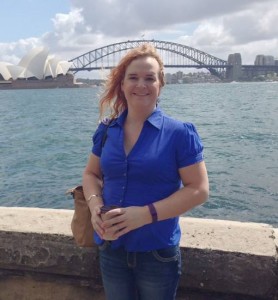 Dr. Danielle Adams, a recent graduate from the School of Middle Eastern and North African Studies at the University of Arizona and NASA Space Grant fellow, will speak about the rich star lore of Arabia as it was more than a thousand years ago. Camels, vultures, goats, wild cows and many other kinds of animals graced the skies of the Arabian desert, and some of these survive in the star names used by astronomers today. Danielle will especially focus on the stars that are visible in the fall so that visitors can find them after the talk in the park’s famously dark sky. Some of these stories can be found on her website, onesky.arizona.edu.
Dr. Danielle Adams, a recent graduate from the School of Middle Eastern and North African Studies at the University of Arizona and NASA Space Grant fellow, will speak about the rich star lore of Arabia as it was more than a thousand years ago. Camels, vultures, goats, wild cows and many other kinds of animals graced the skies of the Arabian desert, and some of these survive in the star names used by astronomers today. Danielle will especially focus on the stars that are visible in the fall so that visitors can find them after the talk in the park’s famously dark sky. Some of these stories can be found on her website, onesky.arizona.edu.
September 2018 Nightfall Newsletter is now available
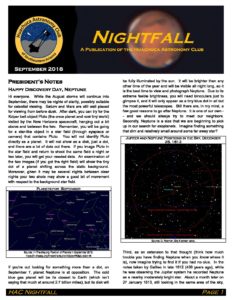
The September 2018 edition of the Huachuca Astronomy Club newsletter, Nightfall, is now available for download. Submissions for next month’s issue can be sent to , our Nightfall editor
July Guest Speaker: Dr. Kaitlin Kratter
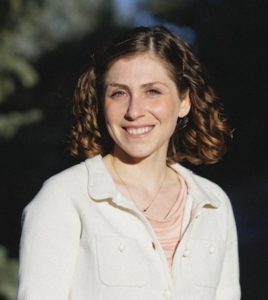 The July meeting will be held in the Student Union building at Cochise College, Sierra Vista on July 13, 2018 at 7 PM.
The July meeting will be held in the Student Union building at Cochise College, Sierra Vista on July 13, 2018 at 7 PM.
Our speaker will be Dr. Kaitlin Kratter, Assistant Professor of Astronomy at the University of Arizona.
Dr. Kratter’s research focuses on the formation and evolution of stellar and planetary systems. Kratter employs analytic and computational techniques to tackle topics including accretion disk dynamics, binary formation, few body dynamics, and planet-disk interactions. Her current work is focused on the intersection of binary and planet formation, especially in circumbinary systems. She is also collaborating closely with observers to discover extreme mass ratio binaries, and very young multiple star systems.

